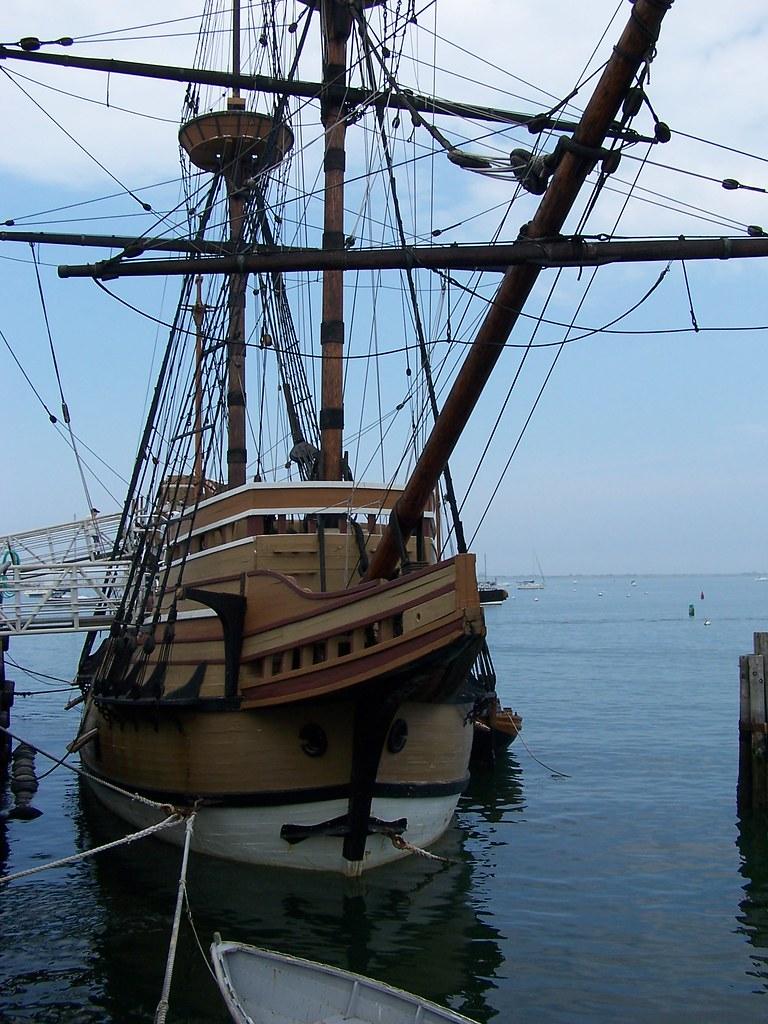To be clear: I agree with the conclusions of the recent opinion column, “Columbus doesn’t deserve a day of celebration.” We should not have a “Columbus Day;” the whole idea of it was contrived on mythology, some historical inaccuracy and speculative mind-reading of a historical figure. I’m principally concerned with not repeating these mistakes, and wish to recover what we can from the mythologies of Columbus-haters and Columbus-lovers, both of which are addressing only a phantom of a man whose entire identity, let alone motives, are lost to time. Here I try to dispel some phantoms.
The column claims Columbus was “a man who personally profited from the enslavement and genocide of millions of Indigenous peoples, including the Taíno people.”
The encomienda system, which started with Columbus’ explorers, benefited Columbus for a time, but Columbus certainly didn’t live long enough to see millions of Natives die. Not that this makes it any better, but the encomienda system wasn’t much out of the ordinary for the crowns of Europe—it seems to me a coherent extension of the feudal system. Though I wouldn’t doubt that the Taíno people were treated worse than the peasantry of Europe, calling them “enslaved” would have implications for calling all European peasantry “enslaved.” I’m not opposed to this reframing, but feudalism or encomiendas weren’t the chattel slavery like the 1619 project is addressing. I think that distinction is important.
Now we have a claim of genocide. Columbus was a conqueror, responsible for cruel punishments, subjugation and mass killing. Genocide is defined by the UN as “acts committed with intent to destroy, in whole or in part, a national, ethnical, racial or religious group.” I’m not just playing semantics here; I think it’s solemnly important to keep a strict definition of something so serious. What Columbus was doing and was tasked to do was subjugate vassals for the Crown of Spain, not destroy them. We’d have to also consider whether Caesar’s conquest of Britain was genocide. Napoleon’s conquest of Europe? Genghis Khan’s conquests? It’s definitely evil to conquer, to treat people as peasants in a feudal system, and even worse in an encomienda, but the distinction between that and genocide is important to keep. I’d also not contest that there was genocide of Native Americans further on in history.
The column goes on: “The federal holiday was declared as a result of lobbying efforts from the Knights of Columbus and other catholic organizations… They also point to the holiday’s importance to Italian Americans.”
This I agree is all very misguided. Columbus wasn’t even Italian, he may have been Genoan, a region which is only recently “Italian.” Furthermore, there’s much evidence that Columbus wasn’t really even from Genoa! He may have been the bastard son of a Portugese nobleman. There’s even speculation that he was Jewish, at least on his mother’s side. Some claim that he was serving the Spanish crown, but was a sort of double agent for Portugal. Any of these would have huge consequences for the narrative of Columbus. All this is no more speculation than Columbus being “from Italy,” for which there seems to be almost no proof—he didn’t even speak Italian! My point is really just how both the deification and the demonization of Columbus obfuscates a fascinating and unresolved history.
“Not only was he exploiting Indigenous peoples through work on the gold mines, but he also showed a lack of objecting to the idea of selling young girls into sex slavery,” reads the opinion column.
Columbus did have an initial role to play in establishing the conditions in Hispaniola, but let’s not assume his unilateral control or longevity. The quote used to back this claim is from “Letter to the Nurse of Prince John,” and was written by Columbus while imprisoned, ousted from his governorship in Hispaniola. The author is accusing him of exactly what he’s explicitly complaining of: the behaviors of his constituents and sex-slavery. He returned to Hispaniola on his third voyage, and found the place mismanaged, in disarray, and here he’s claiming it’s not his fault. We may doubt his sincerity, but a better criticism would be that he was ineffectual in preventing it. No one knows the truth of this debacle, but the fact that these problems persisted for decades after his ousting shows that the constituents on Hispaniola were not against these things themselves, without Columbus.
We got into this mess about Christopher Columbus because of misguided mythologizing to provide Americans with an “Italian” hero from history, and to unite a nation behind an idol. I’m definitely not interested in celebrating Columbus Day, but I would warn against making similar, but opposite mistakes. Let’s not make another mythology, one of Columbus being an uniquely evil-hearted tyrant. It’s so easy to play into cult-psychology and deem your enemies as simply evil, but the truth is of course more complicated. Columbus was a man of his place and time, which was a cruel place and time to be sure. Even further, taking him as being motivated from any direction is nearly impossible—his inner character is lost. We’re not even sure where he was born, what his real name and heritage was, or even what his religious and political allegiances were.
Editor’s Note: The North Wind is committed to offering a free and open public forum of ideas, publishing a wide range of viewpoints to accurately represent the NMU student body. This piece is a letter to the editor, written by a reader of the North Wind in response to North Wind content. It expresses the personal opinions of the individual writer, and does not necessarily reflect the views of the North Wind. The North Wind reserves the right to avoid publishing letters that do not meet the North Wind’s publication standards. To submit a letter to the editor contact the opinion editor at opinion.northwind@gmail.com with the subject North Wind Letter.

























